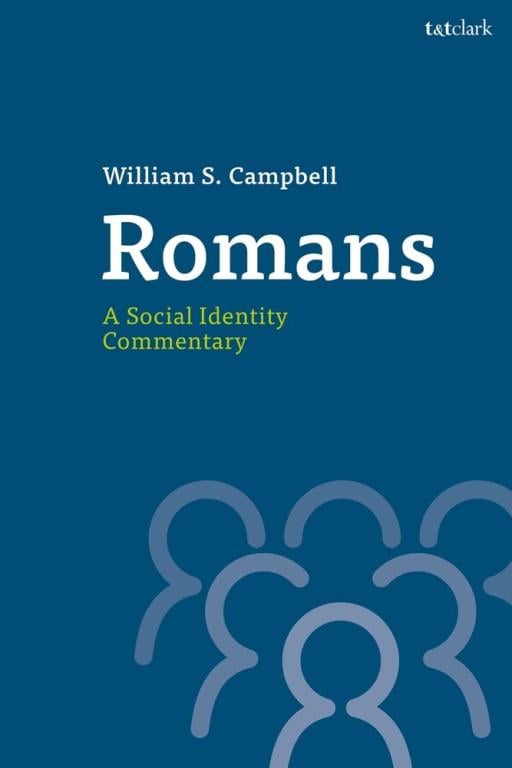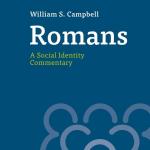Q. I think part of the problem I have with the Paul within Judaism folks is that they either ignore or dismiss or selectively use the evidence in Acts, and then they misinterpret Paul at crucial junctures. This especially doesn’t work if in fact Luke was a sometime companion of Paul on his 2nd and 3rd missionary journeys and knew what he was talking about. The other problem is no matter how hard Nanos and Fredriksen and others try, they cannot squeeze Galatians into their paradigm for Paul. Paul argues that the Mosaic covenant was pro tempore until the time had fully come for the Messiah to be born of woman and born under the Law. It is also a very odd thing for a Jew to say he sometimes ‘becomes the Jew to the Jew’ if in fact he was never operating otherwise. Alan Segal was right— Paul was viewed as an apostate Jew when it came to the keeping Mosaic law etc. This is why he suffered whippings and stonings. Why do you think folks like Segal and to some extent Boyarin are wrong, while Fredricksen and Nanos, and to some degree Novenson are right?
A. There is only one aspect in this question that concerns Romans and I will deal only with it. Earlier in my research I followed the general pattern widely accepted of using all Paul’s letters even when responding to issues confined to one letter. The most obvious example is that Paul seems to say in Galatians “That there is no longer Jew or Greek” whereas Paul in Romans speaks with pride of his ongoing Jewish identity. Because Paul addresses different issues in different contexts over different periods of time it would be unlikely that he would repeat the exact same words in each letter. I came to the conclusion that since most of Paul’s converts as far as we know were not acquainted with any of his other letters, then to assume this is to assume something of which they had no idea. It was only some years after Paul’s death that his letters began to be collected. We are dealing with the period prior to this event and therefore cannot presume universal knowledge of Paul’s letters or teaching. The same would apply to the Book of Acts which presents an image of Paul as projected from one or two generations after Paul’s lifetime. Irrespective of how accurate or otherwise this conception of Paul may be it cannot have been known during the period he wrote his letters. This is the reason why I focus on each document in its own context (place, addressees, issues etc.) and do not draw conclusions or inferences based on the information from elsewhere.
I do respect the problems raised by this question. These are real and originate from Paul’s specific pattern of addressing words on target to particular audiences. If we wish to try to coordinate the information given in all the letters one must consider this in its context in all the aspects noted. above. Only then is it possible to come to some sort of consensus of what would seem to be Paul’s underlying thought world as glimpsed in various places in the letters he wrote. This is one of the problems in trying to write a theology of Paul. James Dunn solved this by basing his Theology on the template of Romans, which although this is a brave attempt, is not warranted by anything Paul says in Romans itself. If on the other hand one were to regard Romans as I see it as written to gentiles only, then I case could possibly be made for regarding Romans as Paul’s explanation of how the gentiles in Christ are to understand themselves in relation to God’s purpose for Israel and the world. Even though Paul may not have intended such an outcome the majority gentile church which evolved the centuries has tended to look to Romans for their guidance in doctrinal and theological elements.














